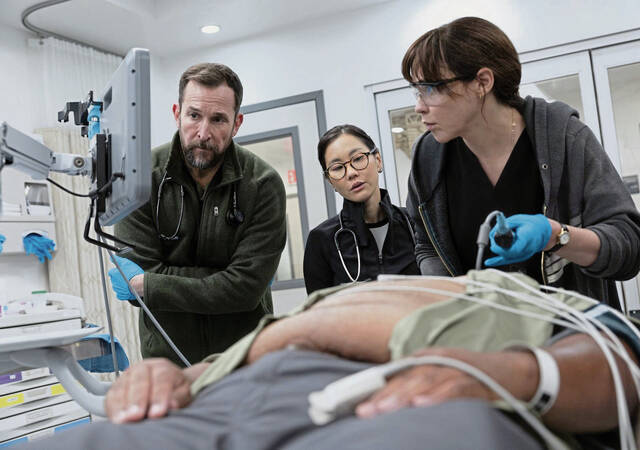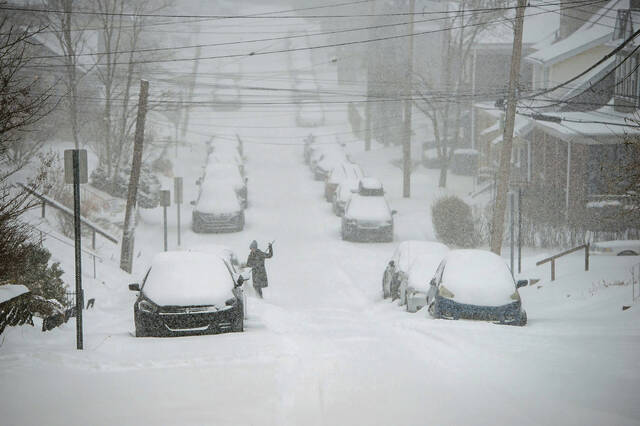Public health and government officials are urging residents to practice social distancing over the next few weeks, but what does that actually mean?
The Centers for Disease Control and Prevention define it as the practice of staying out of mass gatherings and other congregate settings and keeping at least 6 feet between yourself and other people.
“The goal is to stop or slow the spread of infectious disease,” said Tina Hershey, a professor with the University of Pittsburgh School of Public Health.
Doing so, she said, slows the spread while other public health measures have time to work. She said people need to think about their shared responsibility in stopping and slowing the spread of the virus.
“In restricting your own movements, you are going to reduce your individual risk, but you’re also reducing the risk of others who are more vulnerable,” Hershey said. “Even though we may not have an identified case in our area … we can think about protecting those individuals by maybe not going to a concert or something like that if we have an immuno-compromised person in our family.”
The whole point of the practice, she said, is to reduce movements and thus reduce your chances of coming into contact with the germs.
Social distancing is not the same as self-quarantine, Time magazine notes. While a quarantine restricts movements to a certain area, social distancing does not have locational constraints.
Denise Rousseau, a professor of organizational behavior and public policy at Carnegie Mellon University, told Time that people should ask themselves, “(Am I) doing the kinds of things that put barriers between me and the people that I’m dealing with?”
She explained that the practice is the idea that while most people can’t stop living their lives and just stay indoors during a disease outbreak, they can still reduce their risk.
“People have lives that they need to continue to live so rather than fully isolate, by creating distance between (yourself and other) people you can reduce the likelihood that the virus can be transferred,” she told the magazine.








